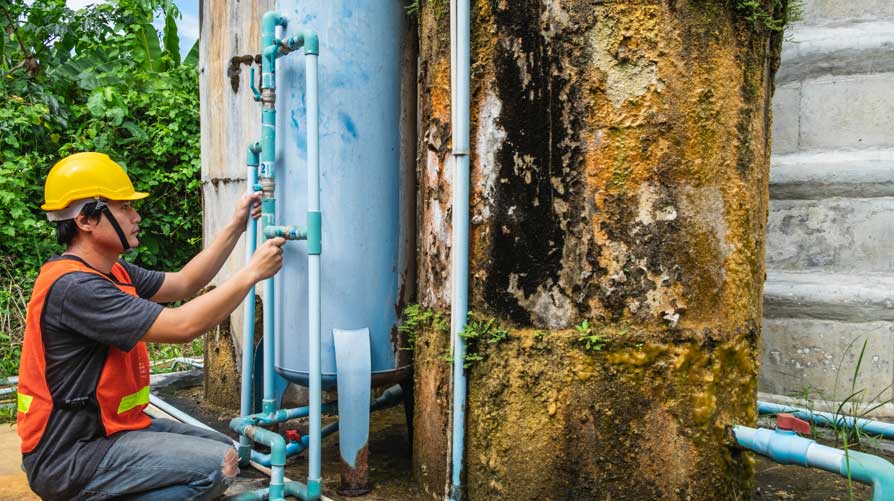
Thailand is regarded as one of the countries in the region with the most extensive water supply infrastructure, with nearly every household able to turn on a tap and access water almost around the clock. Yet behind what seems like a picture-perfect achievement, hidden problems remain unresolved—problems that touch on health, inequality, and the public’s confidence in the system. Even though water leaving treatment plants meets official standards, quality checks have revealed that less than half of it is truly safe to drink directly. Most of the rest requires boiling or filtration, leading many people to distrust the supply and instead rely heavily on bottled water or household filters, even at the expense of extra monthly costs.
In rural areas, many communities still depend on village water systems or groundwater of uncertain quality, where contamination from agricultural chemicals, heavy metals, and bacteria remains a serious concern. Urban areas, despite their better access, face a different problem: decades-old pipelines and neglected storage tanks, which often mean the water arriving at the tap is of a lower quality than what left the treatment plants. Government agencies have attempted to tackle these issues through investments in system upgrades and projects to expand groundwater access in remote areas, but many initiatives remain delayed or constrained by budget and bureaucracy. Structural solutions have not kept pace with the growing demands of urban expansion and the worsening effects of climate change.
In many places, citizens have been forced to create their own solutions, from forming local cooperatives to manage community water systems, to turning to nature-based approaches such as small weirs and wetland areas that help filter and store water. These modest interventions, while not large-scale, often bring more tangible improvements than national-level projects in the short term. Ultimately, Thailand’s drinking water problem is not simply about whether water exists, but whether the water available can truly be trusted. Unless urgent efforts are made to ensure consistent quality and restore confidence, reliance on bottled water and household filtration will remain a heavy burden on the people, trust in public water systems will continue to erode, and the promise of near-universal access may lose its meaning if safety and reliability cannot be guaranteed in everyday life.
© HWAPPU ENVIRONMENTAL PROTECTION TECHNOLOGY DEVELOPMENT CO., LTD 2025. All rights reserved. We reserve the right to make any final changes to this announcement.




